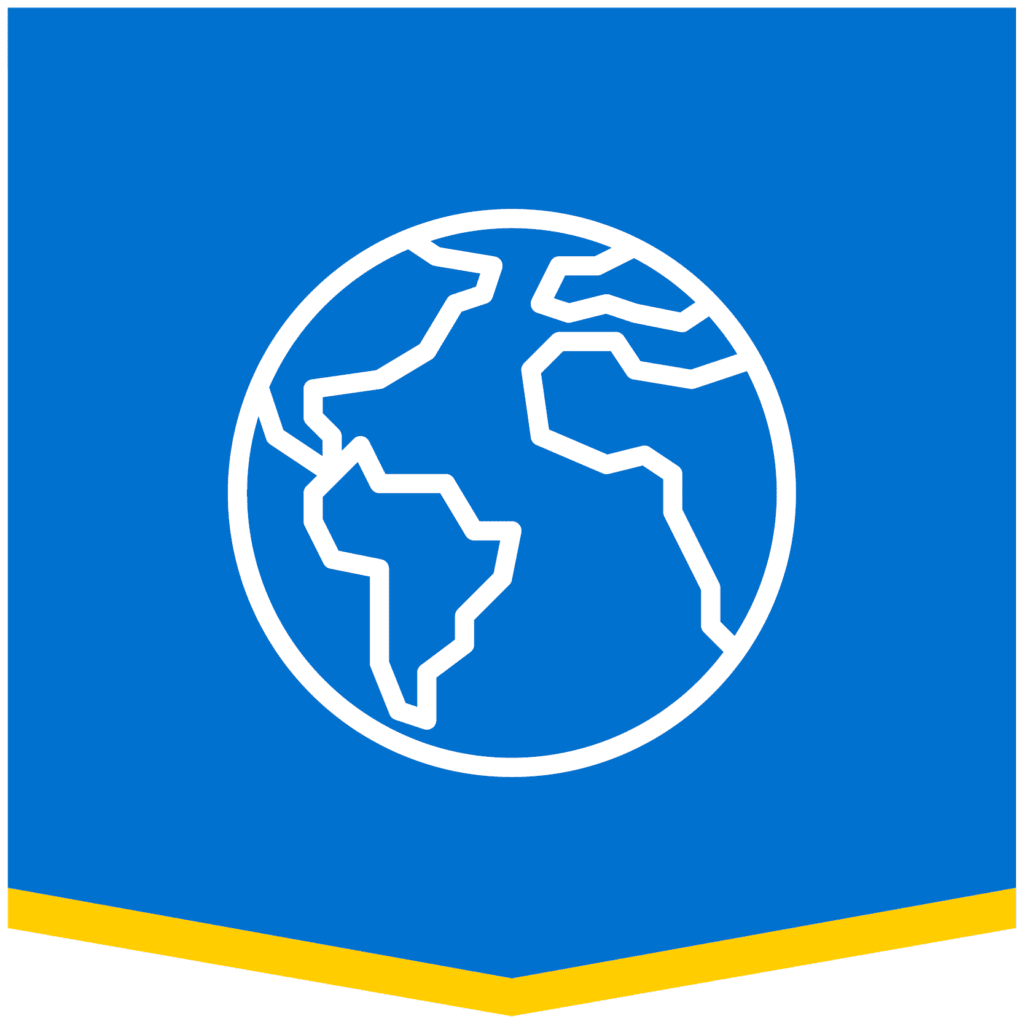Craft your calling of walking alongside and serving survivors of trauma.
Students who graduate with a Certificate in Neuroscience and Trauma will be equipped with the knowledge and skills necessary to work with survivors of acute stress and trauma.
Trauma-responsive education and training is a major deficit and need right now in the fields of education, social work, ministry, law enforcement, foster care, etc.
Beginning with brain physiology, anatomy, and cognition, students begin by learning about optimal brain function and health. They are then introduced to the effects of trauma on the whole person, culminating in trauma-responsive practices and care.
Why study Neuroscience & Trauma at Tabor?
- Taking all six courses sequentially will lead to a certificate in Neuroscience and Trauma.
- Tabor certificate program graduates will enter their classrooms equipped to help students who suffer from disadvantages and will be prepared to implement trauma-responsive educational practices in their schools and districts.
- This program will provide answers based on new research and science to create in you a more skilled educator.
- This certificate program is a self-paced fully online program that can be completed in one year.
Continuing Education Units (CEUs)
- All two-unit courses in the certificate program can be taken for Continuing Education Units (CEUs) in Kansas or professional development credit in most districts in America (Check with your district office before enrolling.)
Next Steps
Course Overview
- The Certificate in Neuroscience can be completed in 12 Credit Hours in one year over three terms.
- Courses are broken into seven modules to be completed in 14-week semesters at the student’s own pace.
- Courses in the Certificate in Neuroscience and Trauma:
- Fundamentals of Neuroscience (Anatomy and Physiology)
- Cognitive Neuroscience (Learning and Behavior)
- Current Trends (Neuroscience, Psychology, Trauma)
- Learning and Behavior Analysis
- The Neuroscience of Stress, Trauma, and Resiliency
- Trauma-Informed Learning Communities
Application Requirements
- An official transcript showing a conferred master’s degree from a nationally accredited program.
- International students are also required to take the Test of English as a Foreign Language (TOEFL) before being considered for admission. The minimum TOEFL score is 560.
- All applicants must submit an online application for admission and an admission fee.
What does it cost?
- Per unit: $400
- Total costs of the Certificate: $4,800
- Total semester/terms in the Certificate program: 3
- Federal Financial Aid is not applicable



